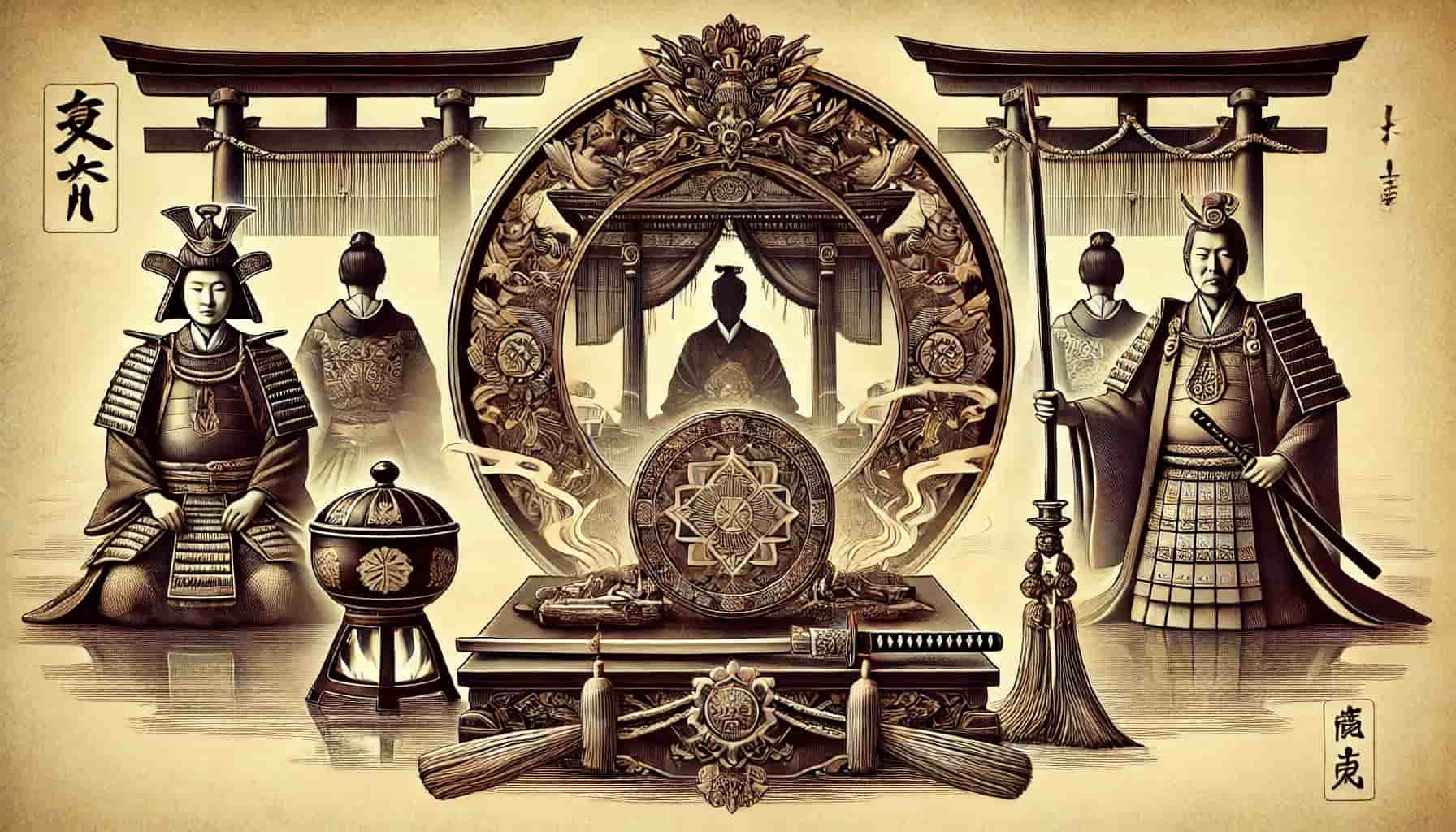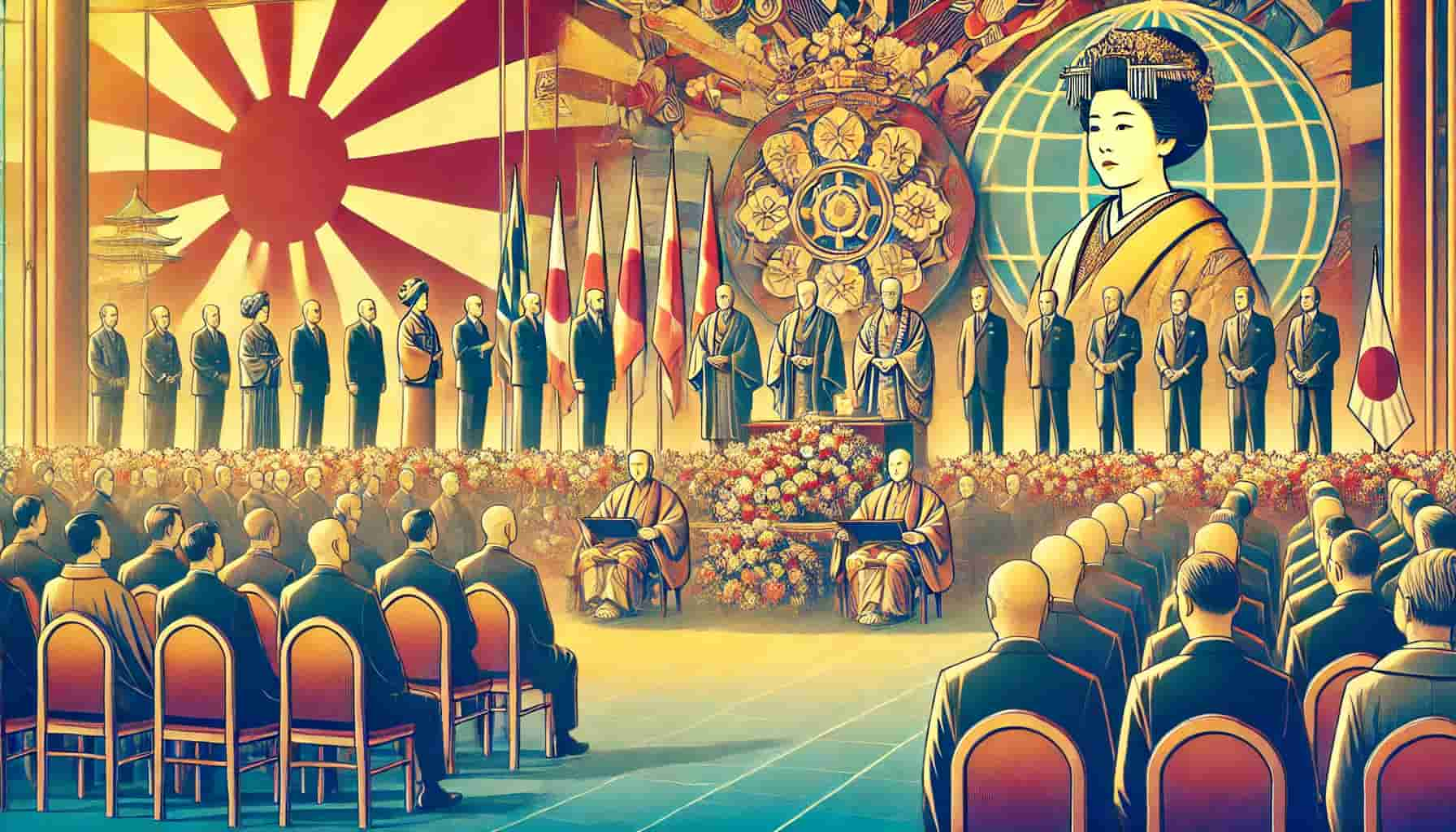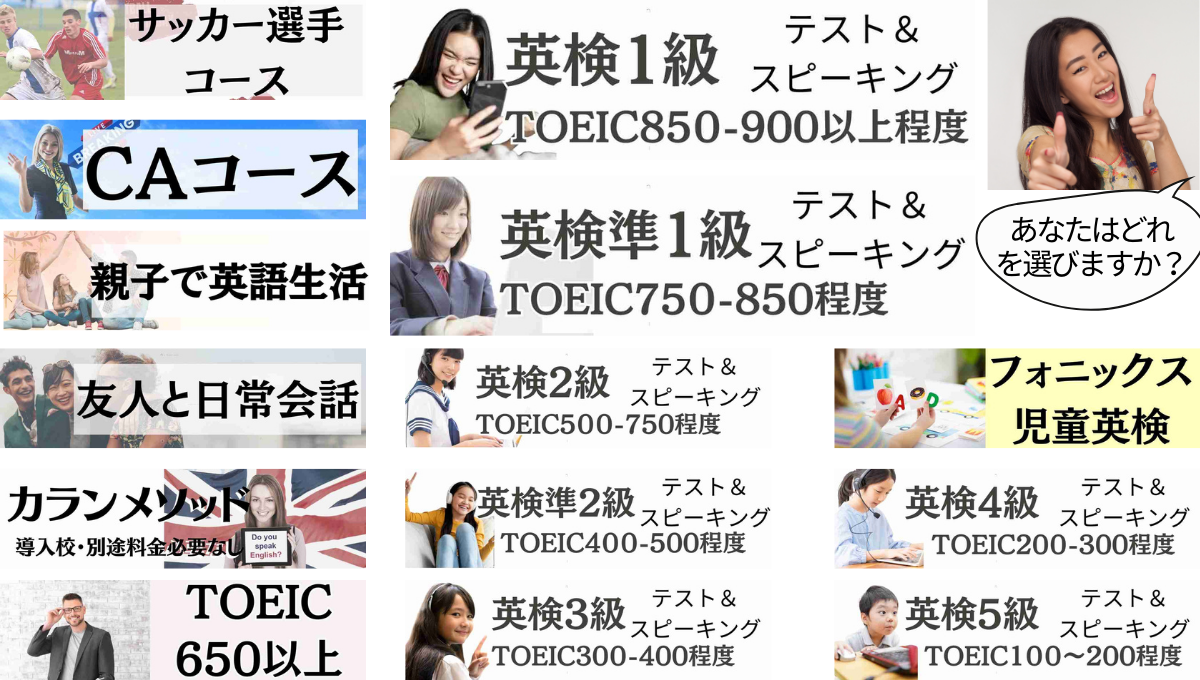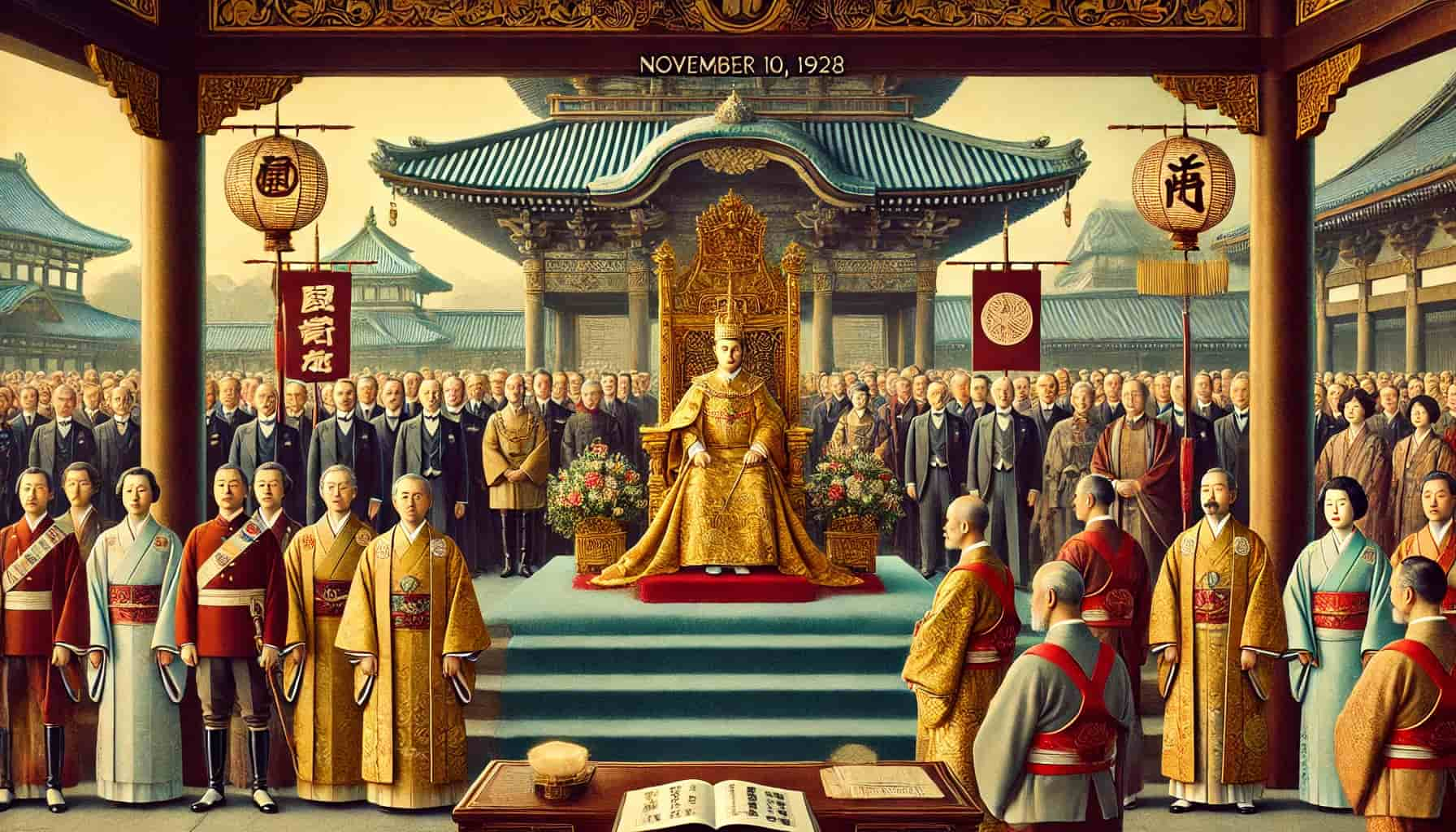The Coronation of Emperor Showa
この英語教材のテーマは「実際の出来事でカジュアルな英語を学ぶ」
The theme of this English resource is “Learn casual English through real events.”
Section 1: The Coronation of Emperor Showa
On November 10, 1928, Emperor Showa (Hirohito) officially ascended to the Chrysanthemum Throne in Kyoto. This grand coronation was a momentous occasion that drew interest from both domestic and international audiences, showcasing Japan’s deep-rooted imperial traditions. The ceremony represented the continuation of Japan’s imperial lineage, ensuring that the Chrysanthemum Throne would be “passed down the line” from generation to generation.
Q1: When was Emperor Showa’s coronation held?
- A1: Emperor Showa’s coronation was held on November 10, 1928.
Q2: What did Emperor Showa’s coronation symbolize?
- A2: It symbolized the continuation of Japan’s imperial lineage.
Q3: Where did the coronation take place?
- A3: The coronation took place in Kyoto.
Now, let’s talk using idioms.
・Let the students choose one favorite idiom and make an example sentence.
Idiom: “Passed down the line” Meaning: To be passed from one generation to the next. Example: The tradition was passed down the line, ensuring that it remained a part of the family for generations.
昭和天皇の即位とアメリカのイディオム:歴史と英語を一緒に学ぼう!
セクション 1:昭和天皇の即位
1928年11月10日、昭和天皇(裕仁)は京都で正式に即位し、菊の玉座に登りました。この壮大な即位式は、日本国内外の関心を集め、日本の深い皇室伝統を披露する場となりました。この式典は、日本の皇位が「代々受け継がれていく」ことを象徴し、皇室の血統が代々続いていくことを示すものでした。
質問と回答
Q1:昭和天皇の即位式はいつ行われましたか?
A1:昭和天皇の即位式は1928年11月10日に行われました。
Q2:昭和天皇の即位式は何を象徴していましたか?
A2:それは日本の皇室の血統が続いていくことを象徴していました。
Q3:即位式はどこで行われましたか?
A3:即位式は京都で行われました。
イディオム:「Passed down the line」
意味:代々受け継がれていくこと。
例:「その伝統は代々受け継がれ、何世代にもわたって家族の一部として残りました。」
Section 2: Cultural Significance of the Coronation

The coronation of Emperor Showa was more than just a political event; it was a cultural milestone that reflected Japan’s rich traditions and beliefs. The sacred regalia, including the mirror, sword, and jewel, played a key role in emphasizing the divine connection between the emperor and Shintoism. This ceremony was a clear indication that Japan intended to “keep one foot in the past” while also moving toward modernization, blending tradition with progress.
Q1: What role did the sacred regalia play in the coronation?
- A1: The sacred regalia emphasized the divine connection between the emperor and Shintoism.
Q2: What does the coronation reflect about Japan?
- A2: It reflects Japan’s intention to honor tradition while embracing modernization.
Q3: How did Japan balance tradition and progress during the coronation?
- A3: Japan balanced tradition and progress by keeping one foot in the past while moving toward modernization.
Now, let’s talk using idioms.
・Let the students choose one favorite idiom and make an example sentence.
Idiom: “Keep one foot in the past” Meaning: To respect and maintain traditions while also embracing new changes. Example: The family decided to keep one foot in the past by celebrating traditional holidays while also adapting to modern customs.
セクション 2:即位式の文化的意義
昭和天皇の即位式は単なる政治的イベントではなく、日本の豊かな伝統と信念を反映する文化的な節目でもありました。鏡、剣、玉などの神聖な三種の神器が重要な役割を果たし、天皇と神道との神聖なつながりを強調しました。この式典は、日本が「過去に片足を置きつつ」、伝統と進歩を融合し、近代化を目指していることを示すものでした。
質問と回答
Q1:即位式における神聖な三種の神器の役割は何ですか?
A1:三種の神器は、天皇と神道の神聖なつながりを強調しました。
Q2:即位式は日本について何を反映していますか?
A2:日本が伝統を重んじながらも近代化を目指していることを反映しています。
Q3:即位式で日本はどのように伝統と進歩を両立させましたか?
A3:日本は過去に片足を置きつつ、近代化に向かうことで伝統と進歩を両立させました。
イディオム:「Keep one foot in the past」
意味:新しい変化を受け入れながらも伝統を尊重し続けること。
例:「その家族は伝統的な祝日を祝いながら、現代の風習にも適応することで過去に片足を置きました。」
Section 3: International Reactions

Many international representatives and diplomats attended Emperor Showa’s coronation, highlighting Japan’s growing presence on the world stage. The event was a chance for Japan to “roll out the red carpet” and show its cultural richness and diplomatic aspirations. The congratulatory messages from foreign nations underscored the friendly relations Japan was fostering and its desire to be recognized as a modern, cooperative nation.
Q1: Who attended Emperor Showa’s coronation?
- A1: Many international representatives and diplomats attended.
Q2: What did the coronation signify for Japan’s international status?
- A2: It signified Japan’s growing presence on the world stage.
Q3: How did Japan present itself during the coronation?
- A3: Japan rolled out the red carpet to showcase its cultural richness and diplomatic aspirations.
Now, let’s talk using idioms.
・Let the students choose one favorite idiom and make an example sentence.
Idiom: “Roll out the red carpet” Meaning: To give special treatment or show hospitality, often to important guests. Example: The city rolled out the red carpet for the visiting dignitaries, hosting a grand welcoming ceremony.
セクション 3:国際的な反応
多くの国際代表や外交官が昭和天皇の即位式に出席し、日本の国際的地位の高まりを示しました。このイベントは日本が「レッドカーペットを敷く」ことで、文化的な豊かさや外交的な志を示す場でもありました。外国からの祝辞は、日本が友好的な関係を築き、現代の協調的な国として認められたいという願望を強調しました。
質問と回答
Q1:昭和天皇の即位式に誰が出席しましたか?
A1:多くの国際代表や外交官が出席しました。
Q2:即位式は日本の国際的な地位にとって何を意味していましたか?
A2:日本の国際的地位の高まりを意味していました。
Q3:日本は即位式でどのように自国を紹介しましたか?
A3:日本はレッドカーペットを敷き、文化的な豊かさや外交的な志を示しました。
イディオム:「Roll out the red carpet」
意味:重要なゲストに特別な待遇や歓迎を示すこと。
例:「市は訪問した高官のためにレッドカーペットを敷き、盛大な歓迎式典を開きました。」



免責事項:
この英語教材はChatGPTを使用して生成した内容に手を加えて掲載しています。情報の正確性については十分注意を払っておりますが、誤りが含まれている可能性があります。この教材の利用によって生じた損害について、当方はいかなる責任も負いかねますので、ご了承ください。



